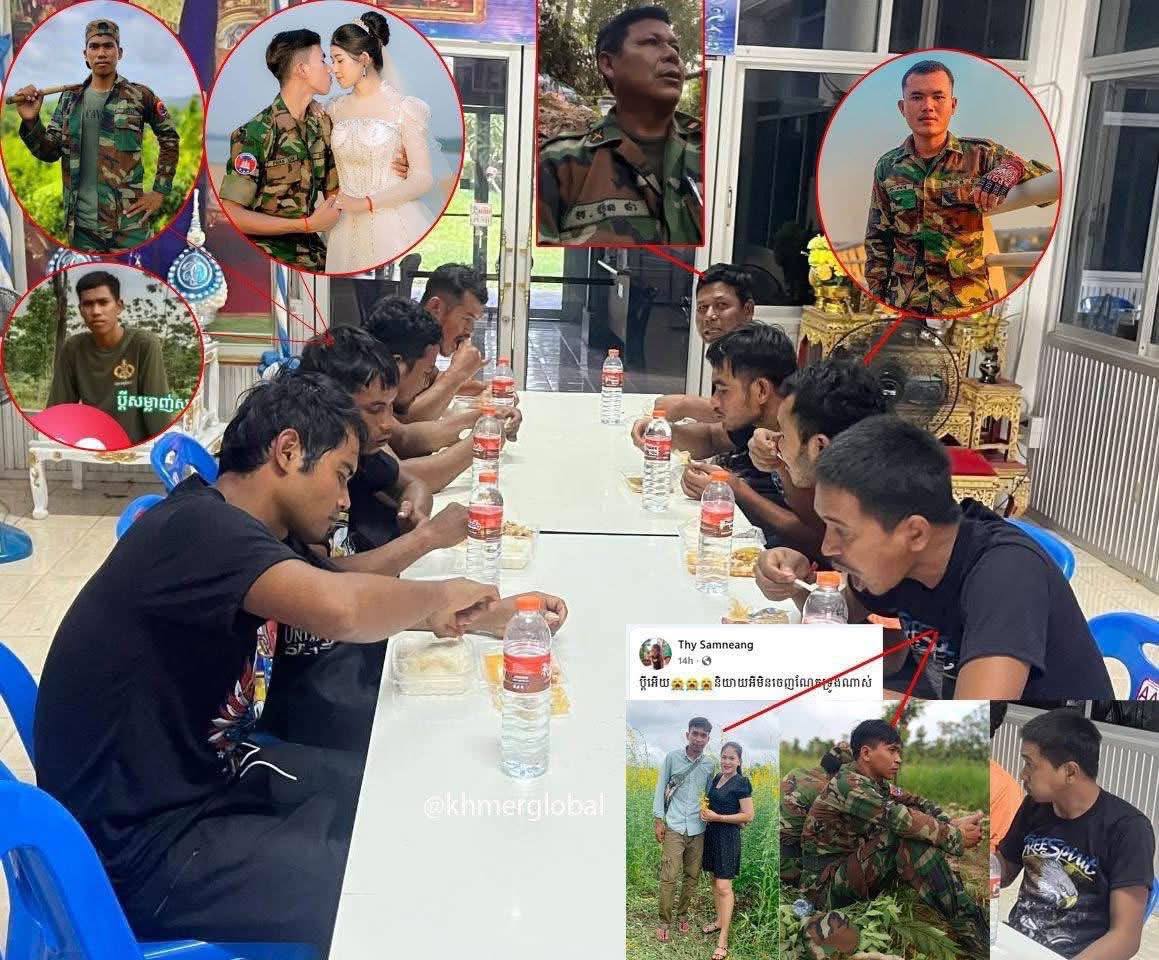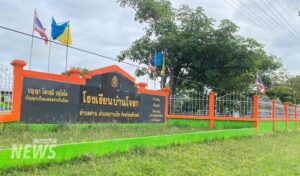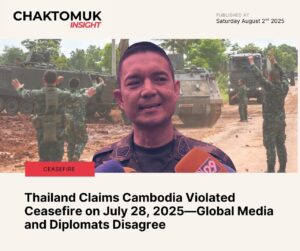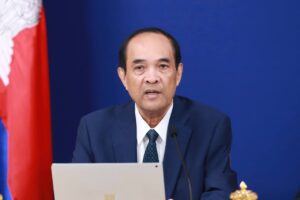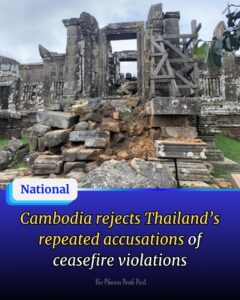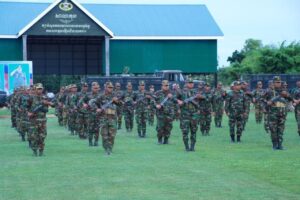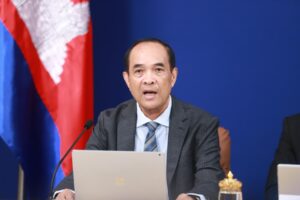Thailand’s detention of cambodian soldiers after ceasefire: a clear violation of international law
On July 31 2025, Cambodia formally demanded the return of 20 Cambodian soldiers detained by Thai forces following the declaration of a ceasefire between the two countries. Despite this ceasefire, the Thai government announced it would not repatriate the soldiers immediately, citing the need to complete unspecified “legal procedures.”
This situation raises serious humanitarian and legal concerns. Most critically:
- What rights do prisoners of war (POWs) have?
- Can POWs legally be used as leverage in political negotiations?
- Does delaying their return constitute a violation of international law?
The answer to all these questions lies in the Third Geneva Convention (1949) , the cornerstone of international humanitarian law relating to the treatment of prisoners of war.
Who Qualifies as a Prisoner of War?
According to Article 4 of the Third Geneva Convention, prisoners of war include members of armed forces who fall into the hands of the enemy during armed conflict. Cambodian troops captured by Thai forces clearly meet this definition.
Legal Protections of POWs Under the Geneva Convention
Thailand, as a party to the Geneva Conventions, is legally bound to treat POWs in accordance with the following provisions:
Article 13 – Humane Treatment and Protection: POWs must be treated humanely at all times. Acts such as violence, intimidation, insults, or public humiliation are strictly prohibited. Moreover, POWs must be protected from public curiosity and guaranteed safety and dignity.
Articles 70-71 – Right to Communicate: Once captured, POWs are entitled to send Capture Cards to inform their families and the Central Prisoners of War Information Agency (Article 123). These communications must be dispatched without delay and cannot be withheld, censored, or used as bargaining tools.
Article 118 – Mandatory Repatriation Without Delay: Perhaps most crucially, Article 118 mandates that POWs be released and repatriated without delay after the cessation of active hostilities. Any failure to do so is a direct violation of international law.
Can POWs Be Used as Political Leverage?
Absolutely not. Under Article 13, it is a grave breach of the Geneva Convention to use prisoners of war as instruments for political, military, or psychological pressure. POWs are not criminals; they are lawful combatants entitled to protection and respect under international humanitarian law.
Is Delaying Their Return a Violation?
Yes. Thailand’s delay in returning the 20 Cambodian soldiers violates Article 118 of the Geneva Convention. The ceasefire constitutes a cessation of hostilities, triggering an obligation for immediate repatriation. Any delay—especially when used as a means to extract concessions or demonstrate political strength—is unlawful and unacceptable.
Cambodia’s Legal and Moral Standing
Cambodia has both the legal right and moral duty to demand the immediate return of its soldiers. Detaining them after a truce not only breaches international law but also undermines trust and regional peace efforts.
We therefore urge international organizations, including the International Committee of the Red Cross (ICRC) and UN bodies, to closely monitor this case and ensure Thailand complies with its humanitarian obligations. Delaying repatriation is not a matter of procedure—it is a breach of legal duty, human dignity, and the principles of civilized conduct.
Justice, Not Politics
No country—no matter how powerful—has the right to use POWs as pawns. The Geneva Conventions exist to protect the vulnerable and preserve humanity in times of war. Justice, not politics, must prevail.
Thailand must act now: return the soldiers, respect international law, and honor the ceasefire in both word and deed.
By, Mr. SOK Chanlongfong, PhD student in public law, The State Academic University for the Humanities, in Moscow, Russia, and, Mr. UY Makara, a third-year student of International Relations at Moscow State Institute of International Relations (MGIMO), in Moscow, Russia.

